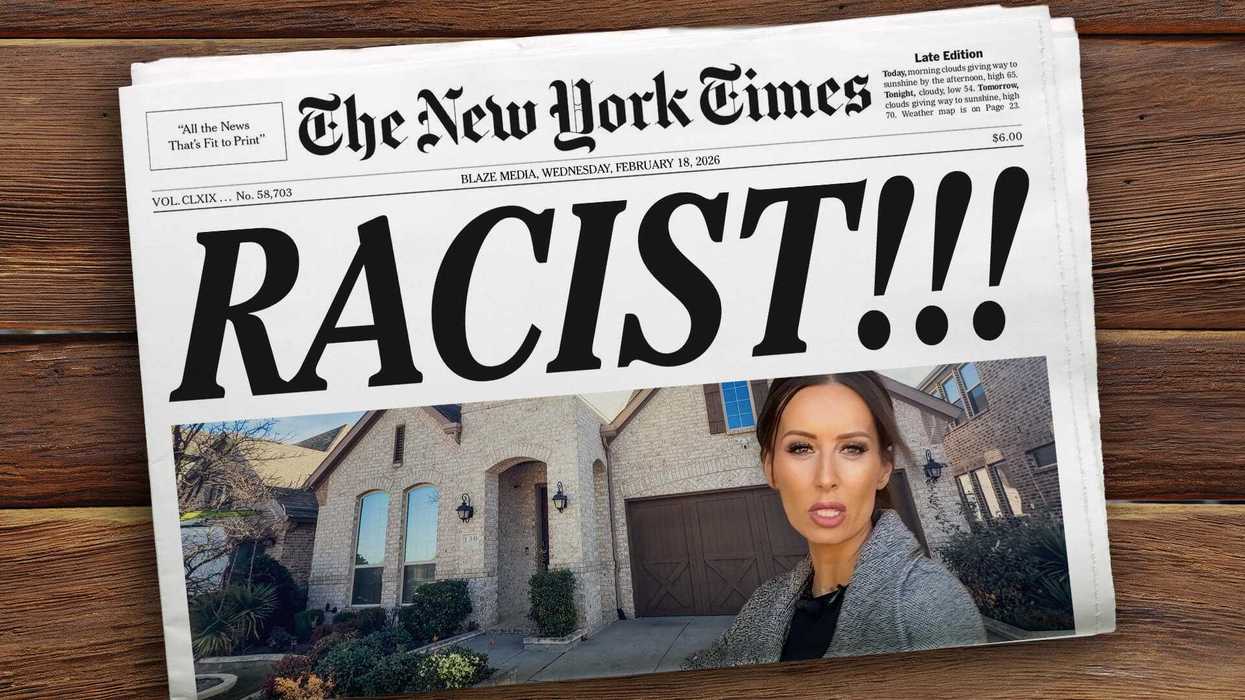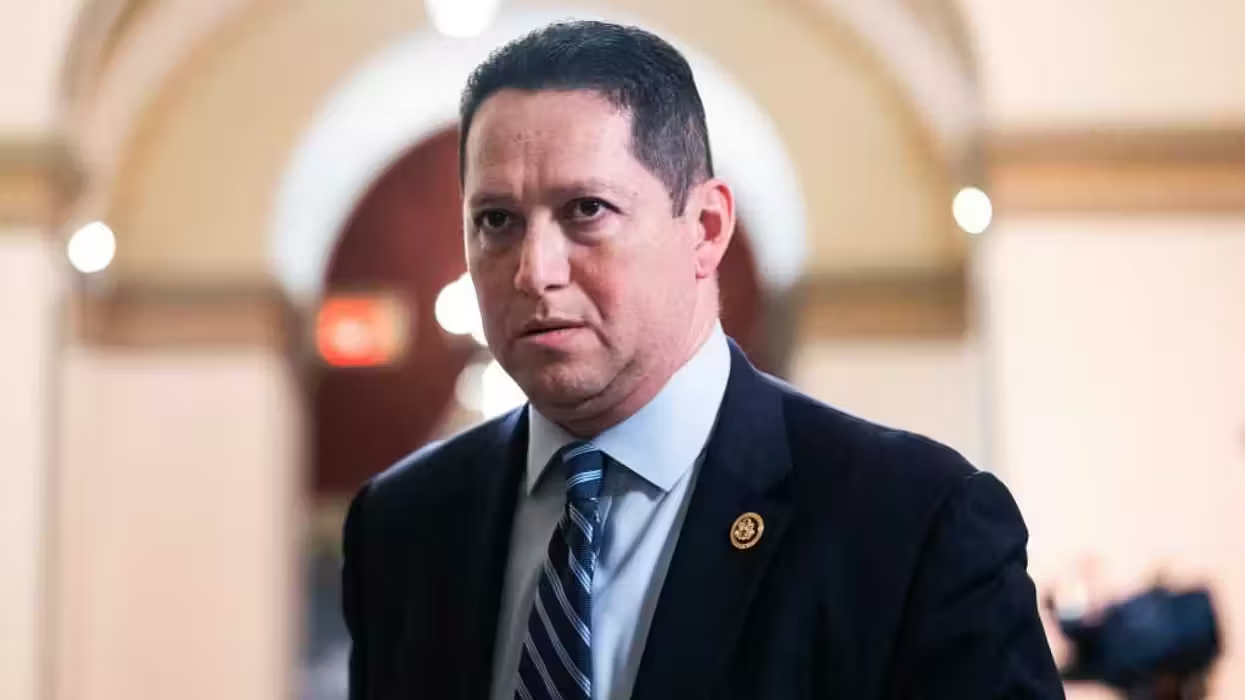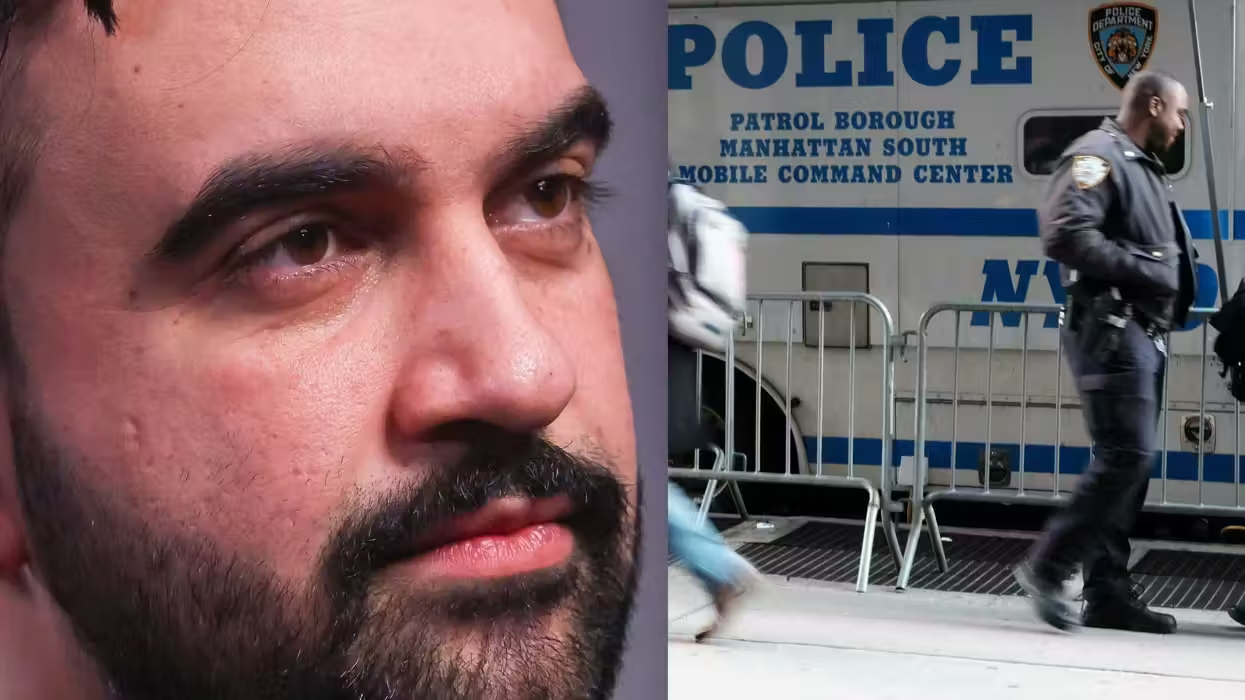Despite press reports that say four Department of Veterans Affairs officials have been fired for misconduct at the department, none have actually been fired yet, and instead are at the start of a process that could, or could not, result in them losing their jobs.
The VA released several press statements over the last few days that said four officials have been "proposed for removal." But that announcement is the start of several steps that still need to be taken.
 Veterans Affairs Secretary Robert McDonald has announced four officials may be fired, but one has already retired, and none of the other three are fired just yet. (AP Photo/Manuel Balce Ceneta)
Veterans Affairs Secretary Robert McDonald has announced four officials may be fired, but one has already retired, and none of the other three are fired just yet. (AP Photo/Manuel Balce Ceneta)
And in one case, the official proposed for removal is John Goldman, the former director of the VA Medical Center in Georgia who had already retired in September and no longer works there. A VA spokeswoman didn't answer a question from TheBlaze about whether there is any remaining process related to Goldman's case given that the VA told TheBlaze that his last day was September 25.
The remaining three officials appear to be in a formal process based on a combination of the VA's old procedure for firing people, and a new process Congress approved over the summer aimed at making it easier for the VA to fire senior officials for misconduct.
Under the recently passed law, the VA secretary can decide to fire or demote someone, a decision that gives those employees seven days to appeal that decision to the Merit Systems Protection Board. The Board has 21 days to rule on that decision, and failure of the Board to reach a decision makes the secretary's decision final.
But the VA's position is that the law didn't remove other protections for federal workers, including one requiring the department to give workers notice of their decision, and period of several days to respond in writing to the department's initial decision.
"By VA policy, senior executives whose removal is proposed under the new authority have five days to reply before a decision can be rendered," a VA spokeswoman told TheBlaze.
That additional procedural wrinkle essentially makes the VA's "proposed for removal" actions an interim decision that could be changed, depending on the written reply the employee sends back.
Some in Congress are already worried that because the VA is only proposing that these officials be fired at this point, these officials could have time to retire or find another job, and avoid a formal ruling that they should be fired.
"Because this is merely a proposed action, we need to reserve judgment on whether appropriate accountability has been achieved until a final decision… has been reached," House Veterans' Affairs Committee Chairman Jeff Miller (R-Fla.) said. Miller added he doesn't want see any of the targeted officials resign or retire, which he said is a "pattern that has been emerging in recent weeks."
Miller said Tuesday that the addition of a five-day period could give officials even more leeway.
"[A]ny VA administrator who purposely manipulated appointment data, covered up problems, retaliated against whistleblowers or who was involved in malfeasance that harmed veterans must be fired," Miller added. "Unfortunately, I'm concerned that VA's implementation of the Veterans Access, Choice and Accountability Act of 2014 may be interfering with this concept."
"By creating an added appeals process in which VA employees are given advance notice of the department’s plans to fire them, VA appears to be giving failing executives an opportunity to quit, retire or find new jobs without consequence – something we have already seen happen in recent weeks," he added.
If the VA decides that any of the three officials should still be fired after receiving their written responses, they will stop being paid, according to the House aide. Then, those employees will have 7 days to decide whether to seek an appeal to the Merit Systems Protection Board.
It's unclear what the Board would do once in receipt of a formal recommendation from the VA that an employee should be fired. Back in August, however, the Board indicated its strong opposition to the new policy, and went so far as to say it believes the change to the law violates the Constitution.
That at least raises the prospect that the Board could try to overturn the VA's decision.
The three VA officials that will undergo this process include James Talton, the former director of the Central Alabama Veterans Health Care System. Talton was put on administrative leave in August, and was accused of lying to Rep. Martha Roby (R-Ala.) about whether other officials involved in the VA health care scandal were fired.
Another is Susan Taylor, the former deputy chief procurement officer who is accused to steering VA contracts to a specific company. Taylor had tried to leave the VA for the Department of Energy after an Office of Inspector General report said she acted inappropriately, but the Energy Department has since rescinded that offer.
The third is Terry Wolf, the former director of the Pittsburgh VA Healthcare System. She was placed on paid leave in June shortly after reports that Legionnaires' disease spread through the VA and infected more than 20 veterans.
The "proposed for removal" notices for Talton and Taylor were announced October 6, and the notice for Wolf was announced October 3.

 Veterans Affairs Secretary Robert McDonald has announced four officials may be fired, but one has already retired, and none of the other three are fired just yet. (AP Photo/Manuel Balce Ceneta)
Veterans Affairs Secretary Robert McDonald has announced four officials may be fired, but one has already retired, and none of the other three are fired just yet. (AP Photo/Manuel Balce Ceneta)






